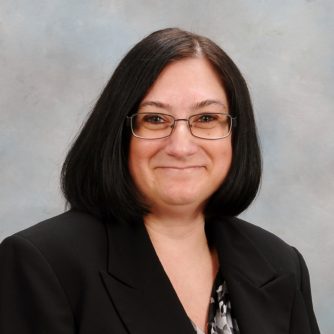The Sunshine Act Meets COVID-19
In Pennsylvania, municipalities must conduct public meetings in compliance with the Sunshine Act. It requires that “official action and deliberations by a quorum of the members of an agency shall take place at a meeting open to the public” unless the matter to be discussed involves an approved topic for an executive session. The Act allows members of the agency to participate remotely as long as the members can communicate with each other and the public can hear and participate in the discussion. Members of the public must be given the opportunity to comment on agency matters before the agency takes official action. But how do municipalities meet these requirements while also complying with social distancing requirements?
The Pennsylvania Legislature is currently considering this question. The House passed HB 1564. It is now bottled up in the Senate Local Government Committee. The current version of HB 1564 provides specific procedures for municipalities to follow when a declaration of a disaster or emergency has been proclaimed by the Governor and when the conduct of the affairs of local government at a regular place and time are imprudent, inexpedient or impossible.
If the Declaration of a disaster or emergency renders the conduct of public business dangerous to the health or safety of members of the governing body or members of the public, the governing body may exercise its powers and functions, to the extent possible:
• By means of any telecommunication device, which permits audio communication between locations.
• The device must permit members of the governing body to speak and hear the comments and votes, if any, of others attending the meeting or engaged in the business of the governing body.
• The governing body does not have to have a quorum physically present at any one location in order to conduct business.
• Public participation must be allowed to the extent possible.
• The municipality must post notice of the meeting on its website, no later than 24 hours prior to the start of the meeting and state how the public can obtain information concerning how to participate remotely.
• Except where emergency circumstances dictate, the governing body must, no later than 24 hours prior to the start of the meeting, notify a newspaper of general circulation of the upcoming meeting with information on how to access the meeting.
In addition, ONE of the following must occur with respect to each meeting:
(1) the meeting is live streamed;
(2) the meeting is recorded with the recording made available to the public within 24 hours after the meeting;
(3) A draft of the minutes of the meeting is made available for public inspection within 48 hours after the meeting on the website or at an accessible location in the municipality.
If the municipality takes action at a meeting held in this fashion, then after the Governor’s disaster or emergency declaration is lifted, the municipality must adopt a resolution at the next public meeting that recites the actual emergency and the nature of the power or function exercised.
A number of individuals have questioned the need for adoption of HB 1564, suggesting that the use of common sense and good faith in conducting meetings during this time is all that is required. Legislation is necessary to make it clear for elected officials what is expected and to avoid challenges to municipal action taken during this time.
Clemons Richter & Reiss has sent letters on behalf of our municipal clients and the Bucks County Association of Township Officials urging members of the legislature to adopt this or similar legislation. We urge other local government officials to contact their legislative members to urge them to support HB 1564.
However, until official action is taken, municipalities should consider following the procedures summarized above taken from HB 1564.
This article is not legal advice and is provided for informational purposes only. Actual legal advice can only be provided after consultation by an attorney licensed in your jurisdiction.









